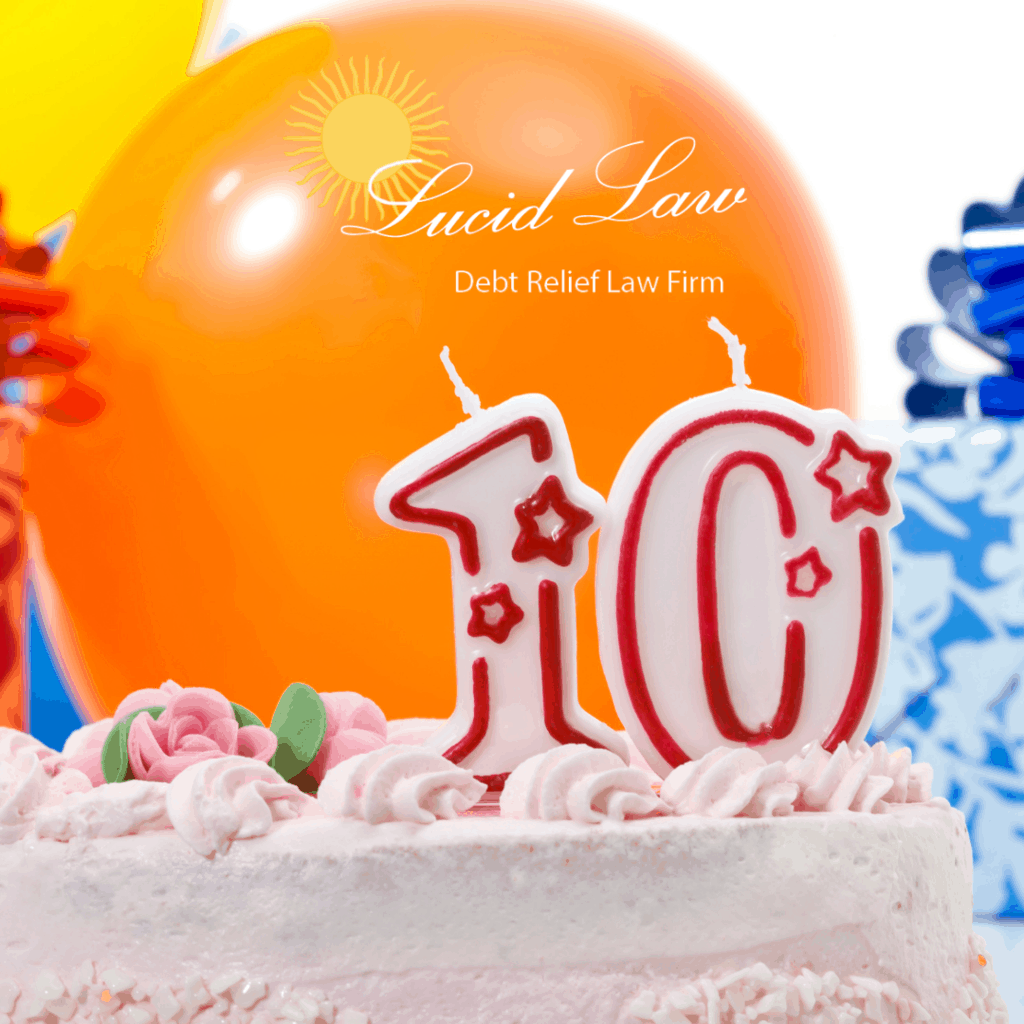When filing for bankruptcy, whether it is Chapter 7 or Chapter 13, you need to comply with specific requirements. Unable to do so will result to bankruptcy court dismissing your case with or without prejudice. A bankruptcy case dismissal without prejudice means the reason for non-compliance is lapse in procedures.
Therefore, it is critical that you work with a bankruptcy lawyer at the onset that bankruptcy is an eventuality. Doing so will enable you to take the correct steps and comply with all the necessary documentation. Thus, decreasing the dismissal risk of your bankruptcy, whether with or without prejudice.
What’s the Difference?
It can be terribly frustrating to have a bankruptcy dismissed without prejudice. But you may consider this a blessing because a dismissal without prejudice is much better than one with prejudice. This is because if the court dismisses your bankruptcy without prejudice, you can immediately file another bankruptcy case. Of course, only if you are otherwise eligible. Just make sure that you correct the mistakes made in your original filing to ensure success of your second filing. You also need to file a motion to extend or impose the automatic stay in your new case. This will keep creditors from taking any action against you.
On the other hand, a bankruptcy dismissed with prejudice is much more frustrating and has serious consequences. If your case is dismissed with prejudice, you may be prohibited from filing another bankruptcy for a period of time. Further, you may be forever barred from discharging any of the debts existing at the time of your first filing. Following are the Grounds for bankruptcy dismissal with prejudice:
- Attempt to cover up or hide your assets
- Case filed in bad faith, or
- Abuse of the bankruptcy system
Fortunately, courts usually dismiss bankruptcy cases without prejudice unless there is an evident abuse of the bankruptcy process. Courts also frown upon the willful disregard of court orders.
Reasons for Dismissal Without Prejudice
Usually, the court dismisses a bankruptcy without prejudice because of procedural errors (but without any intention to abuse the bankruptcy system). Except in rare circumstances, the court will usually dismiss your case without prejudice if you fail to do any of the following:
- Finish the required credit counseling sessions before filing your case
- Meet all eligibility requirements for the type of bankruptcy you wish to file
- File a required form with the court
- Provide all required documents to the bankruptcy trustee
- Attend a required court hearing such as the meeting of creditors or the bankruptcy confirmation hearing
- Settle the court fees
- Make your Chapter 13 plan payments
- Follow any of the procedures.
Will I still be protected from creditors if my bankruptcy case has been dismissed?
An automatic stay is granted at the time of your bankruptcy filing. It prevents your creditors from collecting their loans or garnishing your money. However, bankruptcy laws impose certain limits on the automatic stay if you file multiple bankruptcy cases. When you file for a second bankruptcy within a period of time, the automatic stay is limited to 30 days. After the 30 days, creditors may begin to collect again. You can stop them by petitioning to the court to continue the automatic stay. The reason for this limited automatic stay is to discourage bad faith bankruptcy filings. One example of bad faith is filing for bankruptcy simply to delay or hinder one’s creditors.
It is possible to get the court to put the stay in place. If you have a good reason for the new filing—or why the previous filings occurred—you can file a motion with the court asking for the automatic stay. The court will grant your motion if you prove that you filed the case in good faith.
Contact an Bankruptcy Attorney
Working with an experienced bankruptcy attorney ensures that your bankruptcy case proceeds smoothly. Do not take the risk filing bankruptcy on your own. Let our bankruptcy lawyers at Karina Lucid take the burden off you. Call us for a free initial case evaluation.



